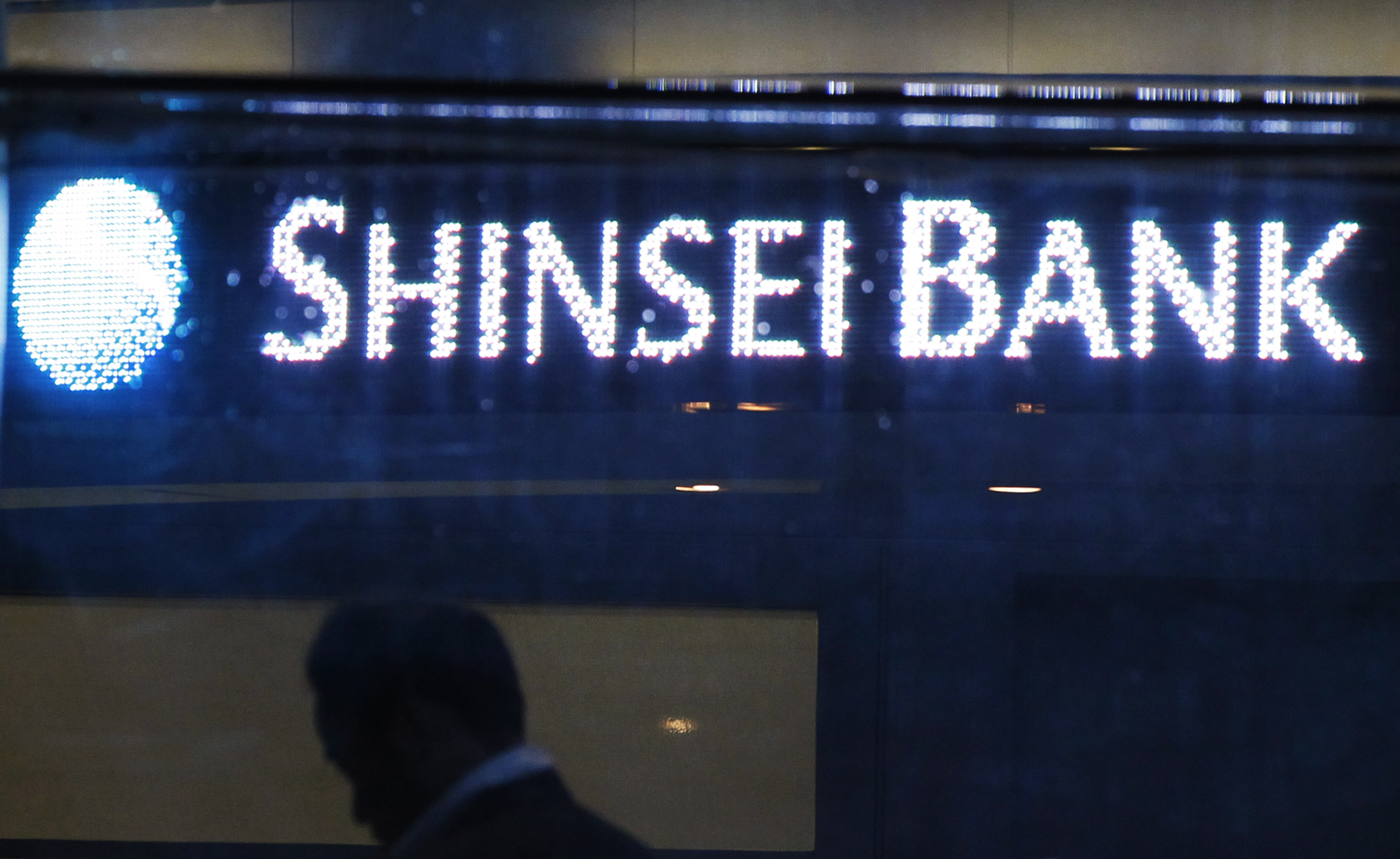TORONTO – An arbitrator has awarded Ontario’s doctors a nearly 10-per-cent compensation increase for the first year of their new Physician Services Agreement.
The province is in the midst of negotiations with the Ontario Medical Association for the four-year agreement, but an arbitrator was tasked with setting increases for the first year, while the two sides work on the 2025-2028 period.
The OMA had proposed a five-per-cent general increase plus 10.2 per cent as a catch up to account for inflation, while the government proposed three per cent.
Arbitrator William Kaplan concluded that while the OMA’s target was unprecedented, the government’s suggested three per cent was “completely unrealistic.”
He writes that other health-care workers like nurses have received far more for the same time period, and they do not have to pay the overhead costs of running a practice out of their compensation, as doctors do, so he awarded a three-per-cent general increase plus a “catch up” of 6.95 per cent.
The Ministry of Health’s arbitration arguments angered doctors, as the government wrote that recruitment and retention of doctors was “not a major concern” and there was “no concern of a diminished supply of physicians.”
Kaplan wrote that there is a physician shortage.
“Somewhere between 1.35 million and 2.3 million people in the province are not attached to a family doctor,” the arbitration decision said.
“These are real numbers. The Ministry’s own documents – which we ordered disclosed – demonstrate that there is a problem to address.”
Kaplan cites a ministry document that showed the growth rate for family doctors was 1.4 per cent, which was below the growth rate for the population, at 1.6 per cent.
“What was being said, in other words, in the Ministry’s words, in this Ministry document, was that the problem is structural: the number of new family doctors needs to significantly exceed population growth and until and unless it begins to do so, the attachment problem will persist and deteriorate.”
The OMA said in a statement that while it is encouraged by the award, there is still much to be done to address the fact that more than two million Ontarians do not have a family doctor.
“The OMA also remains concerned about access to care, particularly in northern and rural Ontario, and ensuring that specialist consults, surgeries, and diagnostic tests are provided to patients in a timely manner so that people receive the best outcome possible,” the group wrote.
Health Minister Sylvia Jones said in a statement that the agreement also provides for specific funding to be allocated to “targeted investments” to help enhance and connect people to primary care.
“This agreement builds on the $17.5 billion the province currently spends to connect people to family doctors, primary care and other services across the province, 50 per cent more than when we took office in 2018,” she wrote.
This report by The Canadian Press was first published Sept. 13, 2024.
